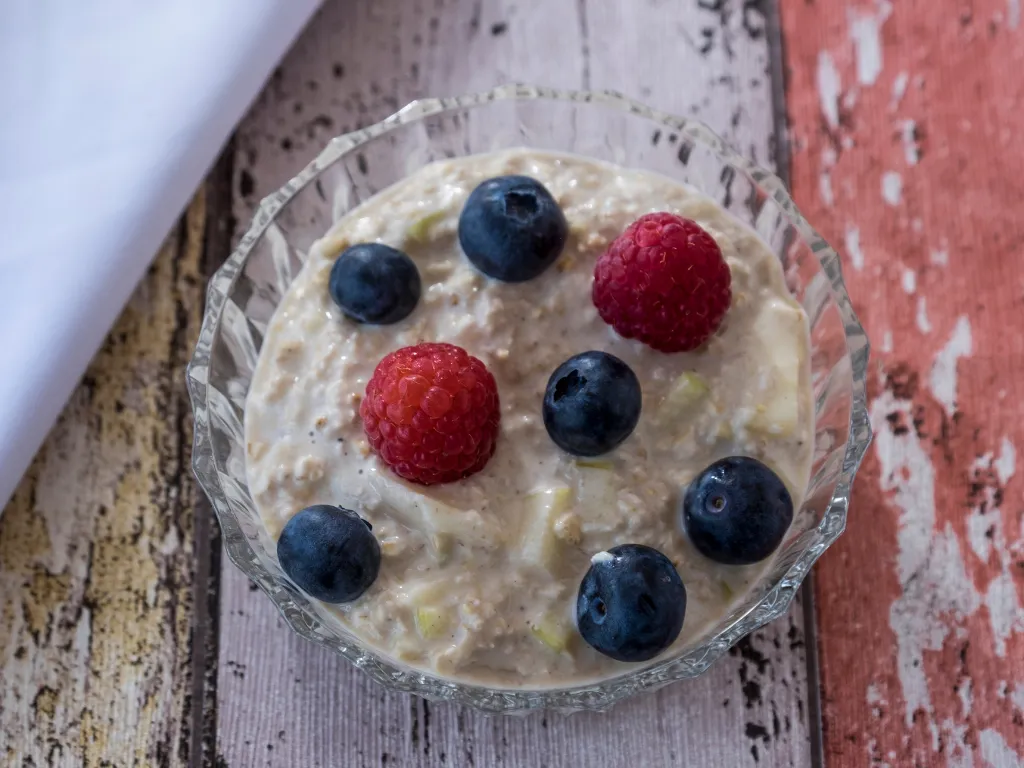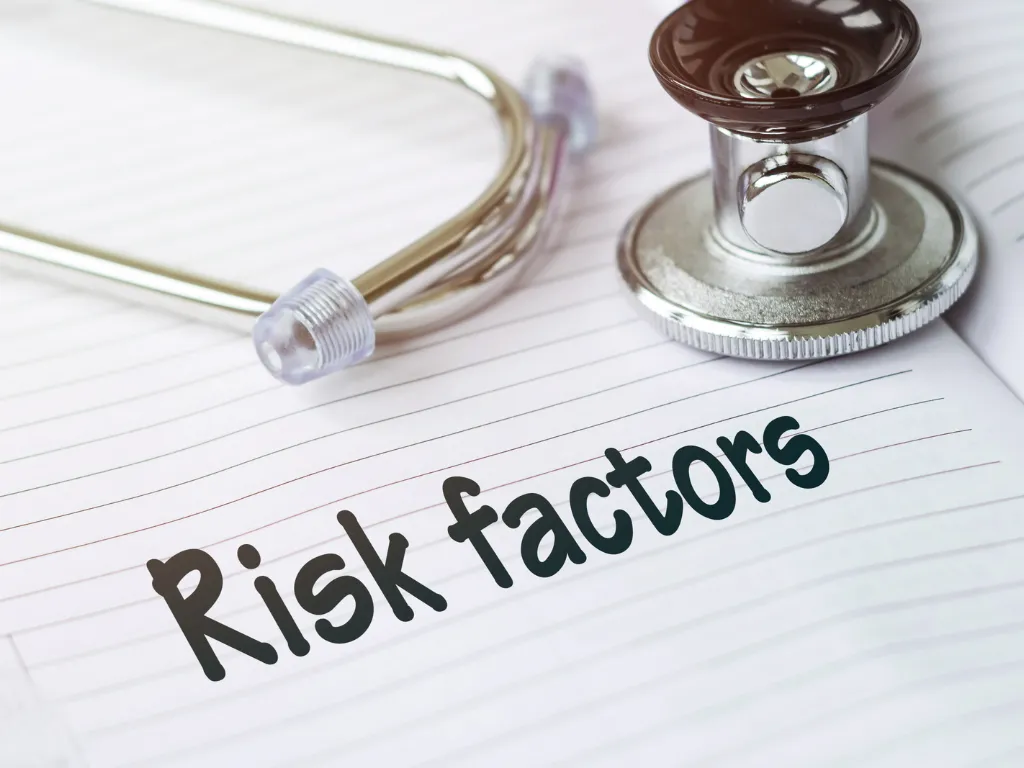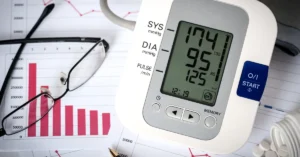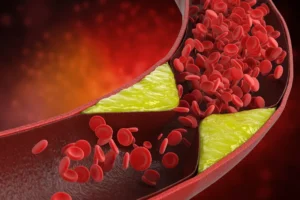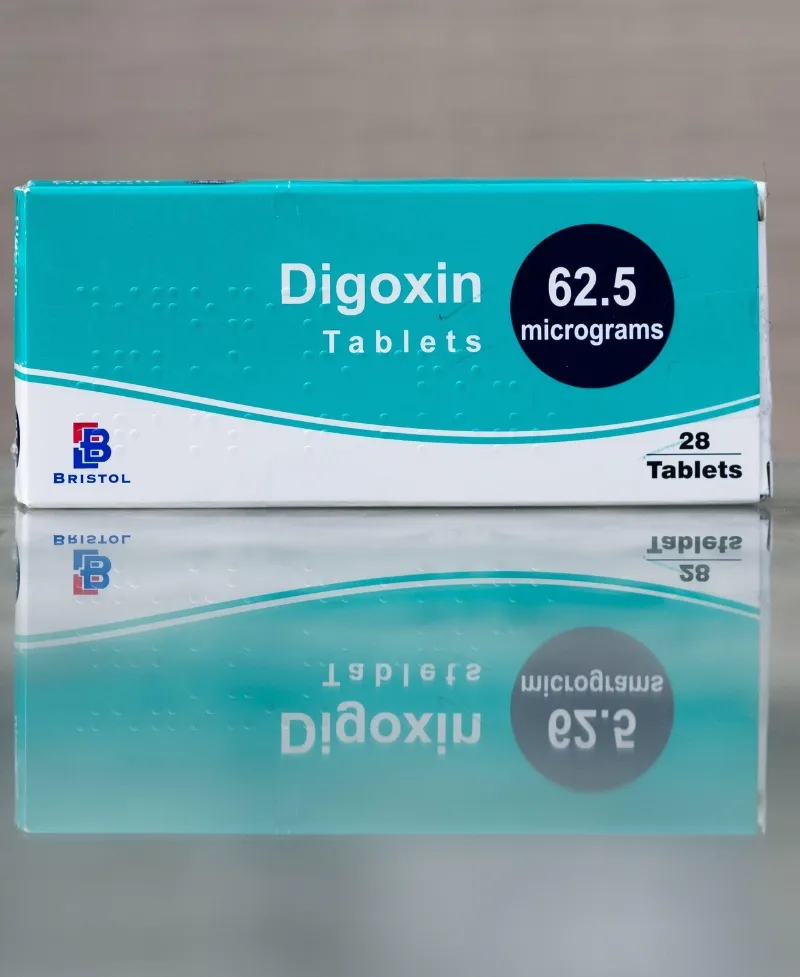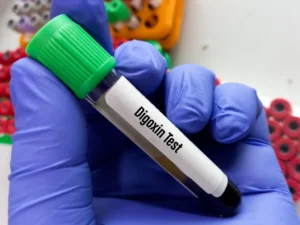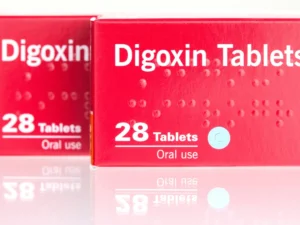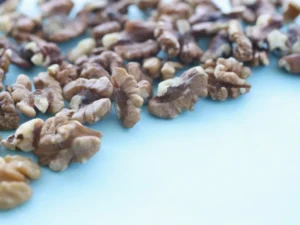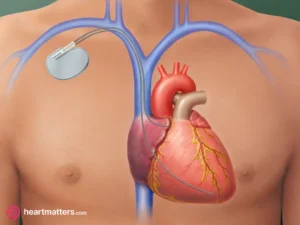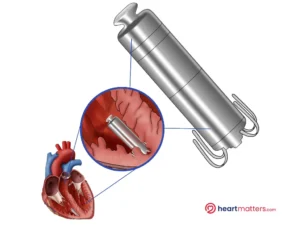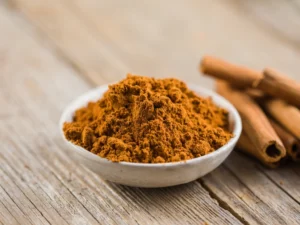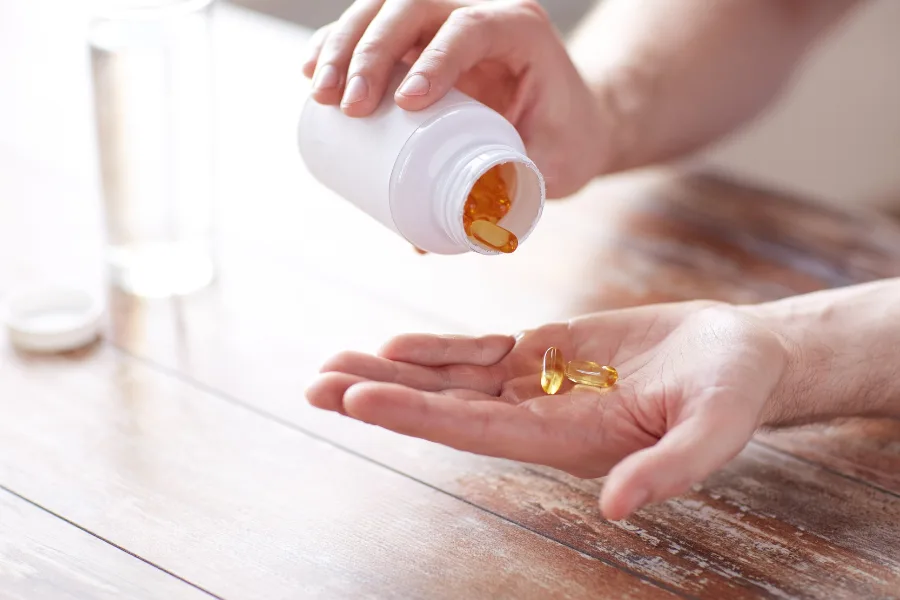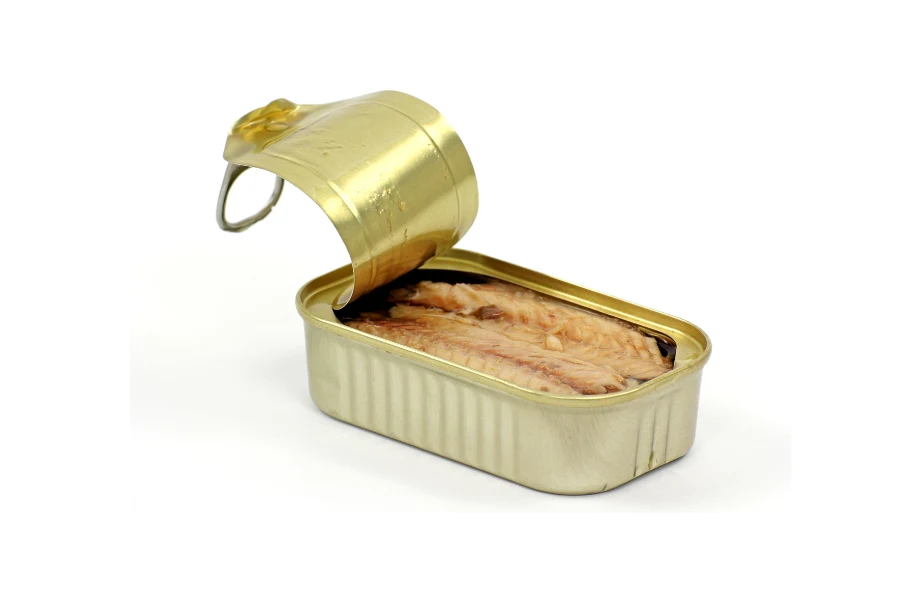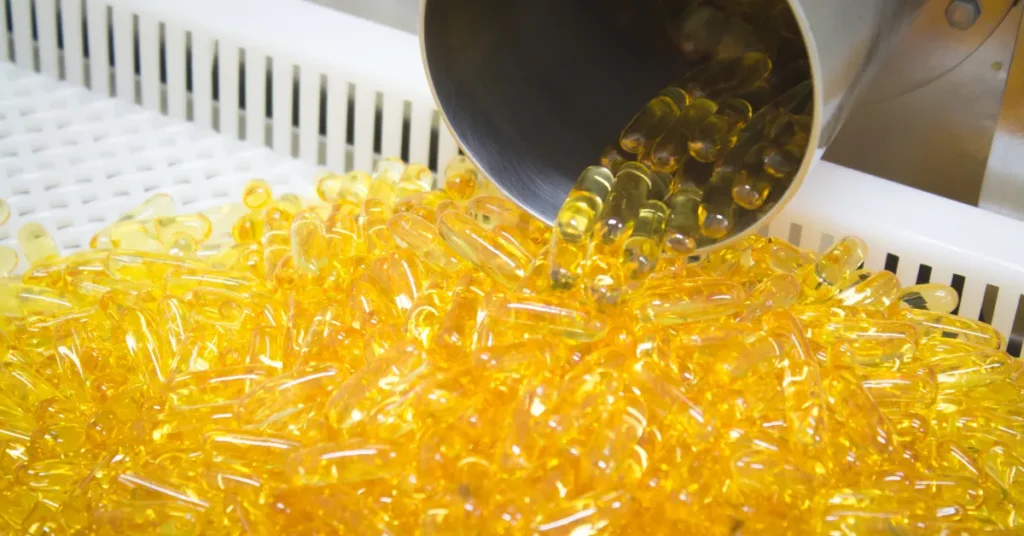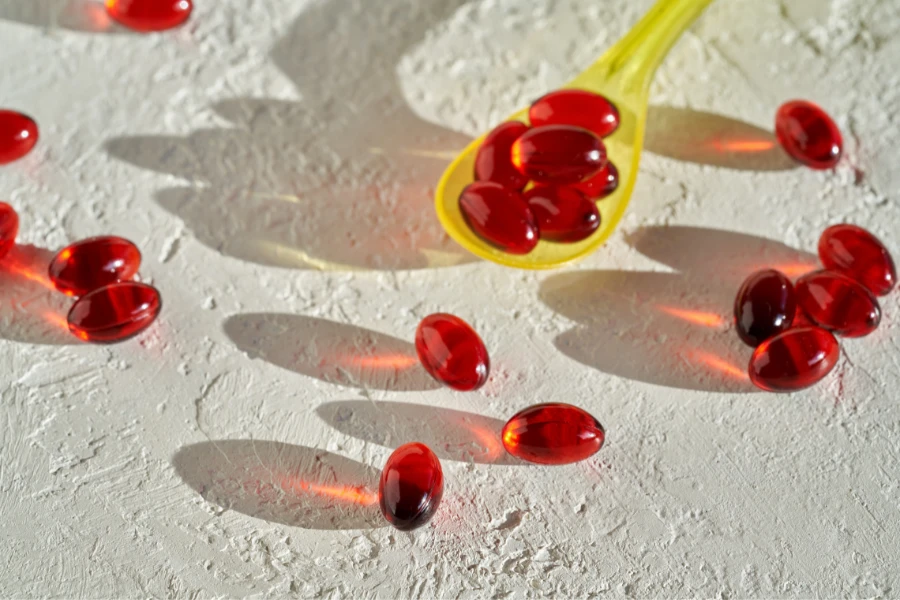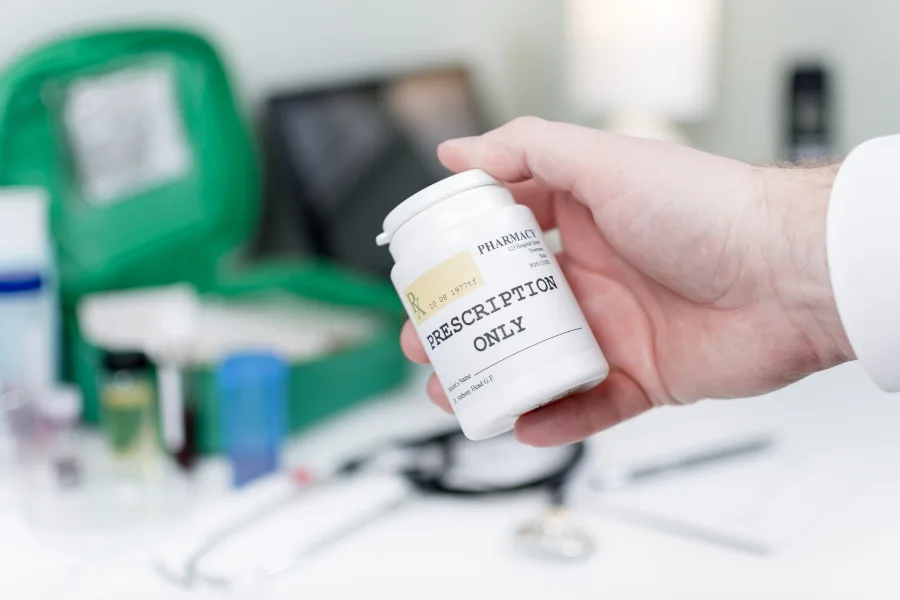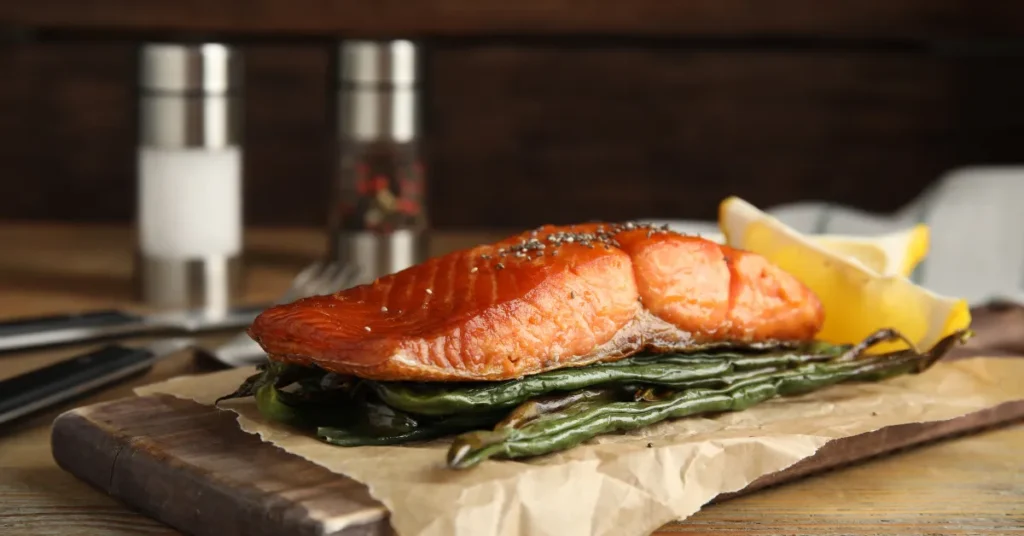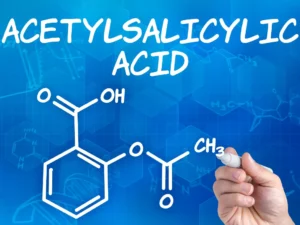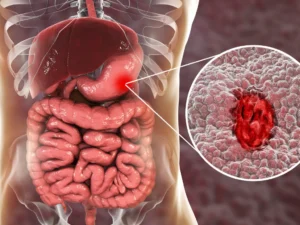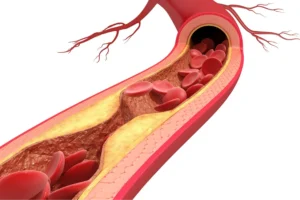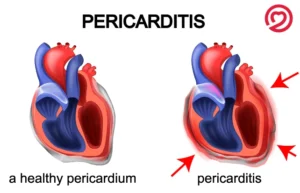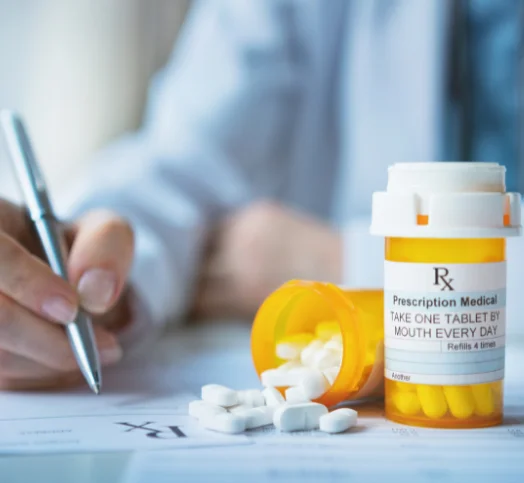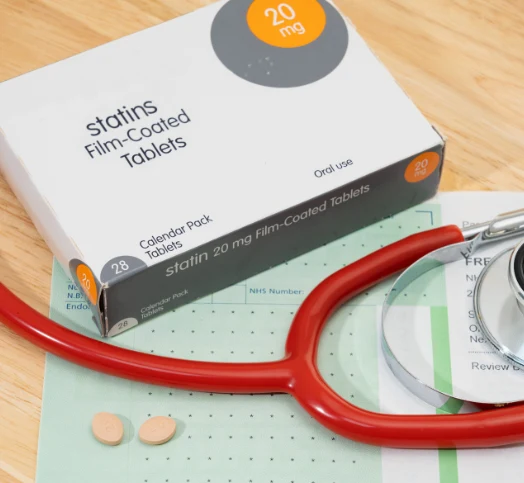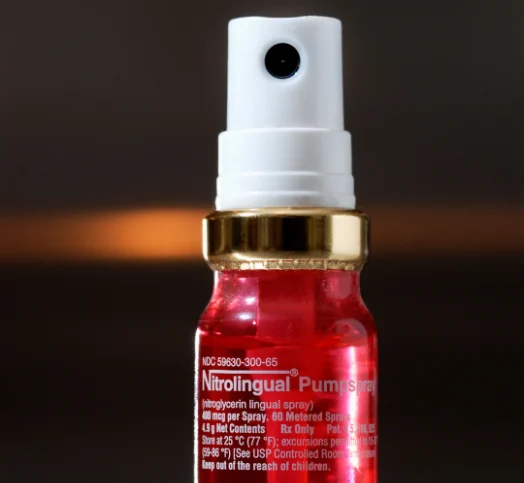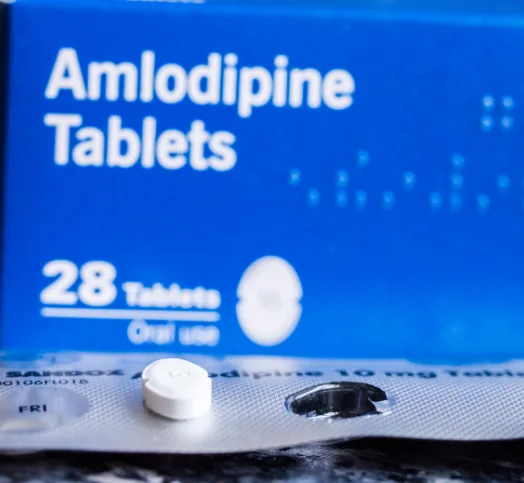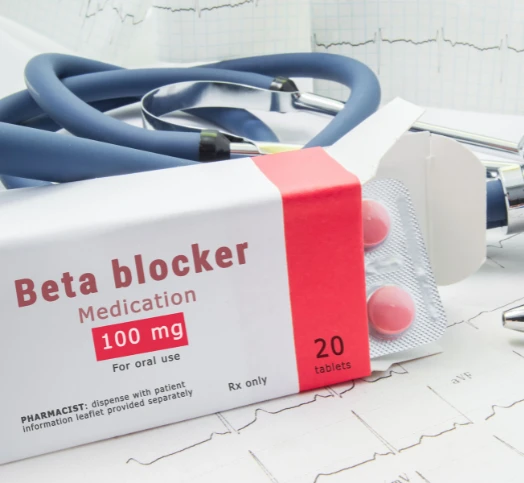Embarking on a day with a satisfying and nourishing breakfast sets the tone for positive energy and productivity. This straightforward recipe offers a nourishing and convenient option. By utilizing pure and simple ingredients and preparing them the night before, you’ll wake up to a delightful and energy-boosting meal that fuels your day ahead.
Ingredients:
- 40 grams of rolled oats
- 100 grams of natural yogurt
- 1/2 cup freshly squeezed orange juice
- Grated rind from half an orange
- 1 small Granny Smith apple, grated
- 1 teaspoon ground Ceylon cinnamon
- 10 grams honey
- 15 grams crushed walnuts (optional)
Instructions:
- Combine the Base Ingredients: In a mixing bowl, combine the rolled oats and natural yogurt. Mix well until the oats are coated with yogurt.
- Add Freshness and Flavor: Pour in the freshly squeezed orange juice to the oat-yogurt mixture. Grate the rind from half an orange into the bowl to infuse the mixture with a zesty citrus flavor.
- Grate the Apple: Grate the small Granny Smith apple and add it to the mixture. The grated apple will add a refreshing crunch and a touch of tartness that complements the other flavors.
- Sweeten and Spice: Sprinkle in the ground Ceylon cinnamon for a warm, fragrant spice. Drizzle the honey over the mixture to add a touch of sweetness. Mix all these ingredients together thoroughly.
- Let It Rest: Cover the bowl with a lid or plastic wrap and refrigerate overnight or for at least 4 hours. This allows the oats to soak up the flavors and moisture, resulting in a creamy and satisfying texture.
- Serve and Garnish: Once the oats have absorbed the liquid and softened, give the mixture a good stir. If using crushed walnuts, sprinkle them on top just before serving for a delightful crunch and extra nutty goodness.
- Enjoy: Your delicious and nutritious bircher muesli with Granny Smith apple is ready to enjoy. Spoon it into serving bowls and savor the blend of tangy orange, aromatic cinnamon, crunchy apple, and creamy yogurt. It’s a perfect way to kick-start your day with a burst of flavors and wholesome nourishment.
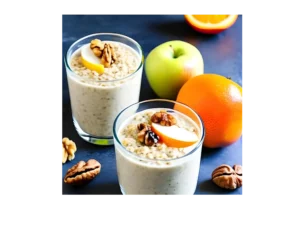
This bircher muesli recipe is packed with heart-healthy ingredients like oats, and walnuts, and is an excellent source of protein from the natural yogurt. It’s also a great source of fiber making it a perfect breakfast or snack option for a healthy heart. Enjoy!

